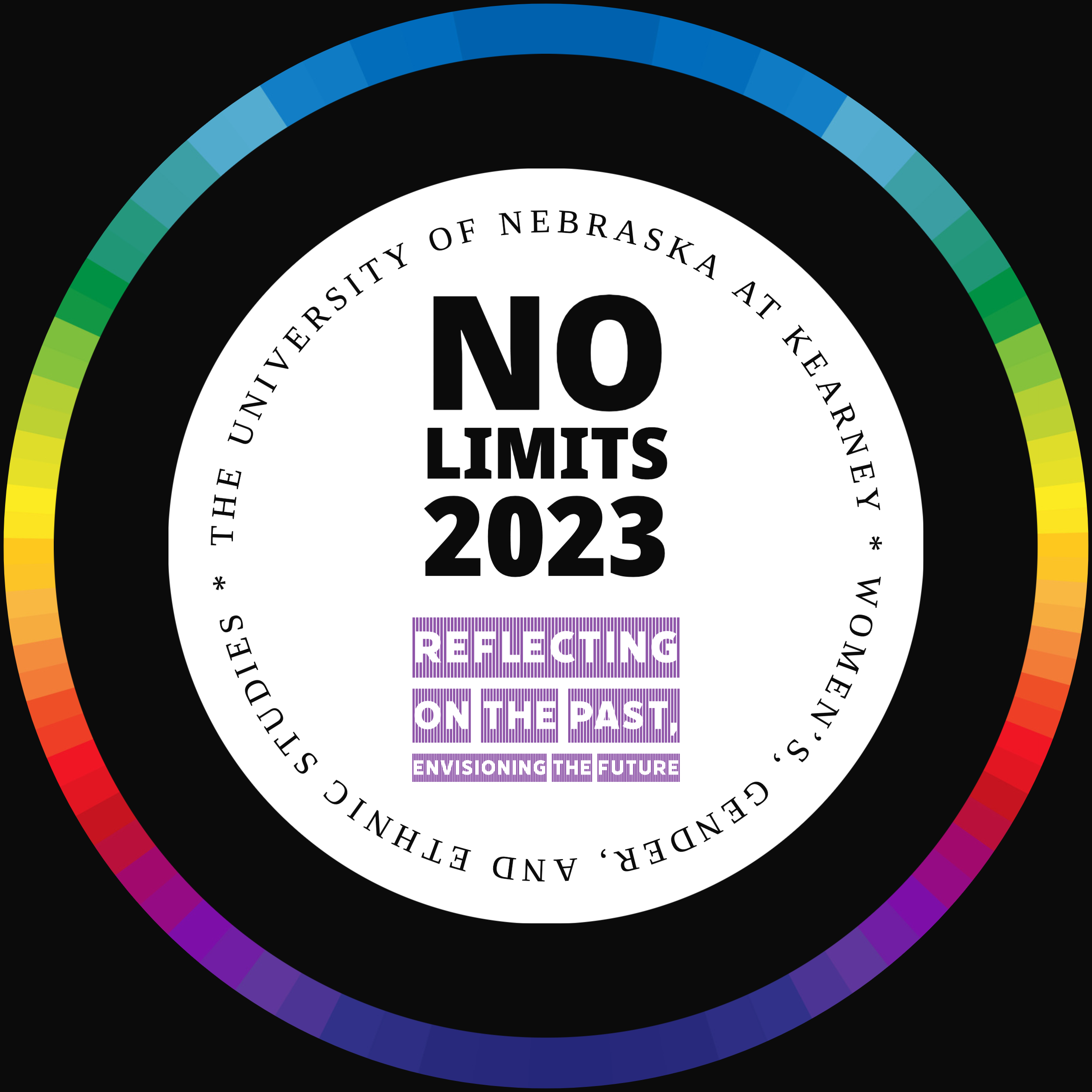“Be Grateful You’re Not Like Them:” The Treatment of Middle Eastern and Muslim Women in 21st Century America
Location
Ponderosa Room D
Presentation Type
Presentation
Presentation Topic
History
Start Date
3-3-2023 9:05 AM
Event Sort Order
11
Abstract
This presentation discusses and analyzes the stigmatization, objectification, and discrimination against Middle Eastern and Muslim women and girls in the United States during and after the War on Terror. This is a gendered crisis, as Middle Eastern and Muslim women and girls stand at the intersection of being stigmatized, objectified, and discriminated against due to a mixture of their race/ethnicity, gender, and/or religion; however, this is a topic that is often ignored or dismissed. In a Washington Post article from 2016 titled “How Muslim women bear the brunt of Islamophobia,” author Rana Elmir claims that, although both men and women face discrimination and hatred for their ethnicity and/or religion, it is a gendered crisis, especially for women who wear coverings because they become a “visible representation of [Islam].” Middle Eastern and Muslim women and girls are stigmatized and discriminated against because they were viewed as an enemy during the War on Terror, which was - for many Americans - the only depictions they have seen of Middle Eastern and Muslim people. Middle Eastern and Muslim women and girls are also objectified because their culture is deemed as “other” from American society, and since many Middle Eastern and Muslim women and girls practice modesty, non-Middle Eastern/Muslim people objectify what they are “not allowed to see.” These acts of stigmatization, objectification, and discrimination also show patterns through each president in the 21st century: Bush, Obama, Trump, and Biden. Rates of discrimination and views of Middle Eastern and Muslim people have varied depending on state and federal legislation, how each president openly talked about Middle Eastern and Muslim people, and the United States’ relations towards Middle Eastern countries. This stigmatization, objectification, and discrimination has deeply impacted the perception of Middle Eastern and Muslim women and girls which continues to cause harm in both private and public ways.
“Be Grateful You’re Not Like Them:” The Treatment of Middle Eastern and Muslim Women in 21st Century America
Ponderosa Room D
This presentation discusses and analyzes the stigmatization, objectification, and discrimination against Middle Eastern and Muslim women and girls in the United States during and after the War on Terror. This is a gendered crisis, as Middle Eastern and Muslim women and girls stand at the intersection of being stigmatized, objectified, and discriminated against due to a mixture of their race/ethnicity, gender, and/or religion; however, this is a topic that is often ignored or dismissed. In a Washington Post article from 2016 titled “How Muslim women bear the brunt of Islamophobia,” author Rana Elmir claims that, although both men and women face discrimination and hatred for their ethnicity and/or religion, it is a gendered crisis, especially for women who wear coverings because they become a “visible representation of [Islam].” Middle Eastern and Muslim women and girls are stigmatized and discriminated against because they were viewed as an enemy during the War on Terror, which was - for many Americans - the only depictions they have seen of Middle Eastern and Muslim people. Middle Eastern and Muslim women and girls are also objectified because their culture is deemed as “other” from American society, and since many Middle Eastern and Muslim women and girls practice modesty, non-Middle Eastern/Muslim people objectify what they are “not allowed to see.” These acts of stigmatization, objectification, and discrimination also show patterns through each president in the 21st century: Bush, Obama, Trump, and Biden. Rates of discrimination and views of Middle Eastern and Muslim people have varied depending on state and federal legislation, how each president openly talked about Middle Eastern and Muslim people, and the United States’ relations towards Middle Eastern countries. This stigmatization, objectification, and discrimination has deeply impacted the perception of Middle Eastern and Muslim women and girls which continues to cause harm in both private and public ways.






Presenter Bio
Mikayla Maiahy is an undergraduate student at the University of Central Oklahoma. She is working with the Women and BGLTQ+ Student Research Center as an RCSA research student. She double majors in History and Women's Gender and Sexuality Studies, with a double minor in Sociology and Political Science. She is Iranian-American and uses she/her pronouns.